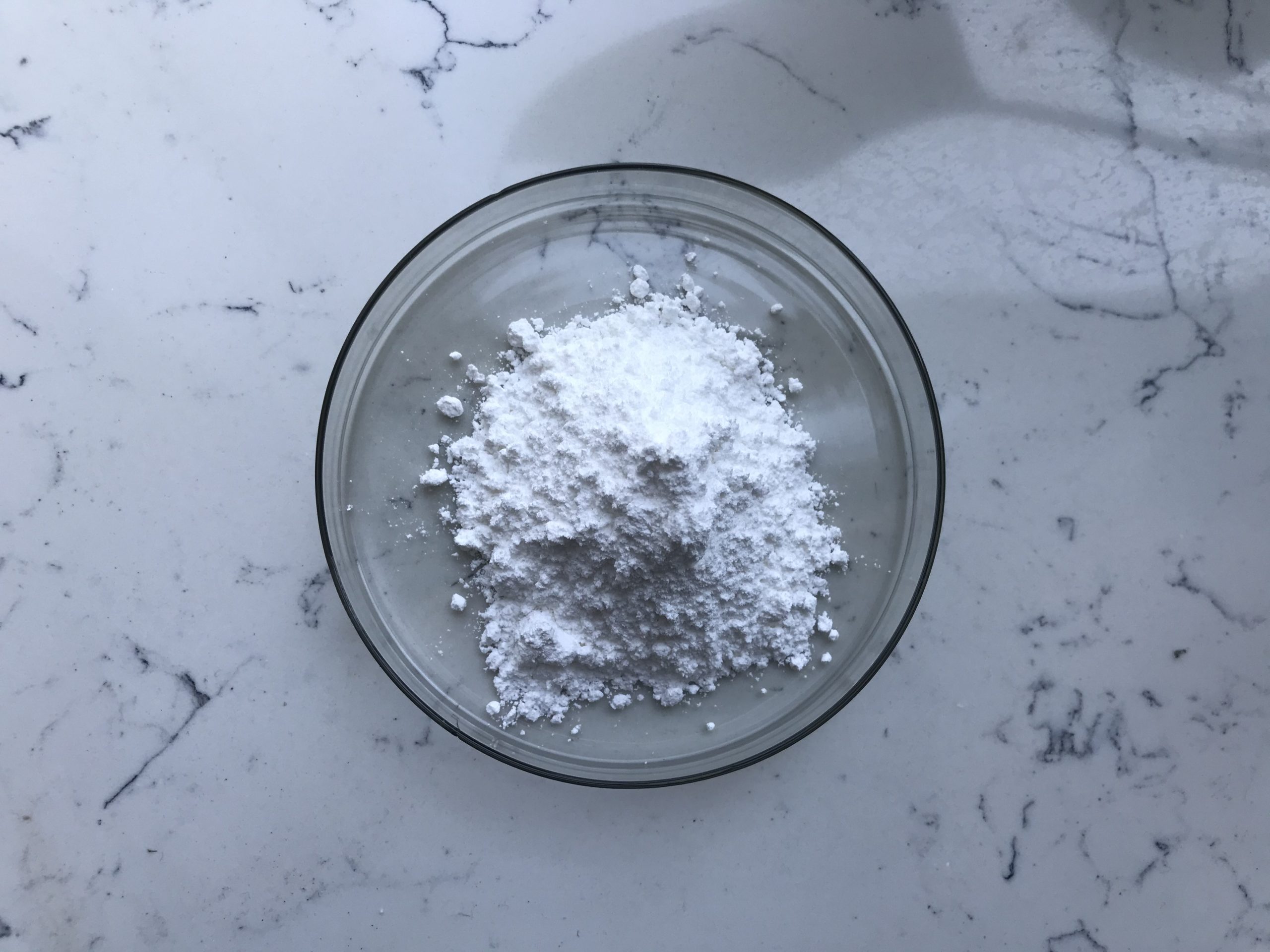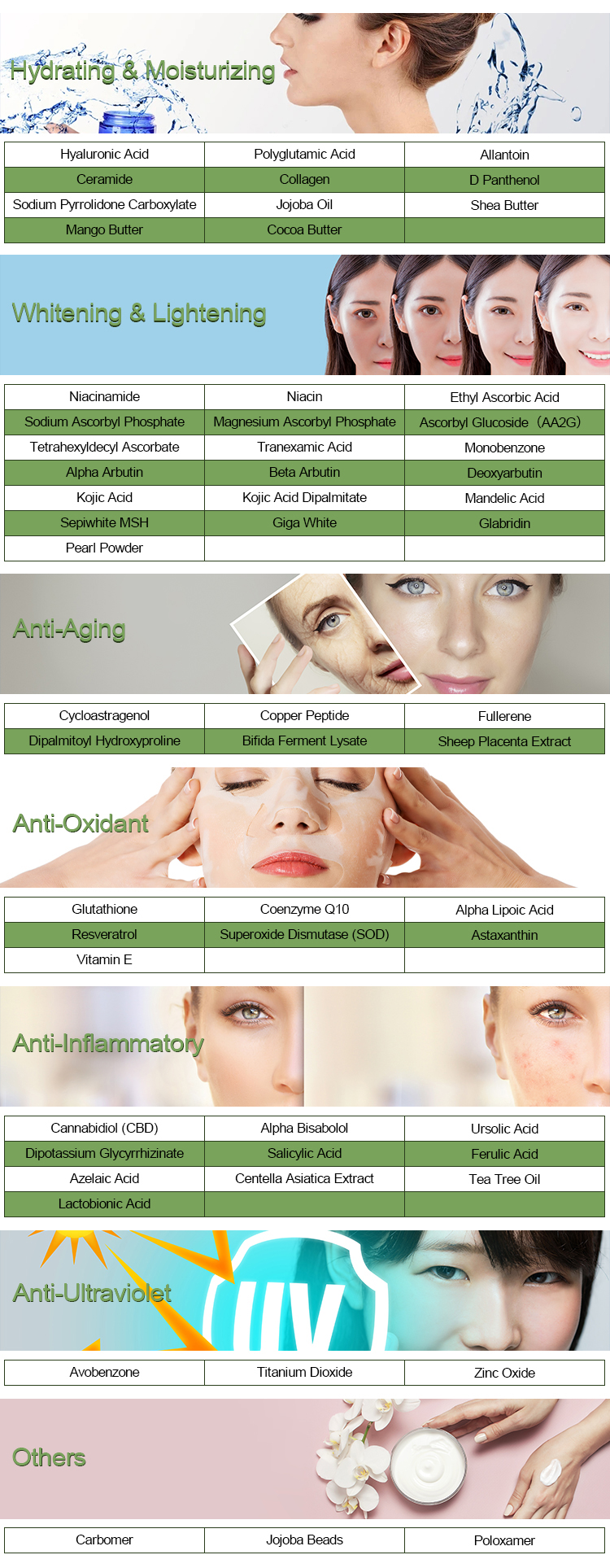Sodium Ascorbyl Phosphate (SAP) is a stable, water-soluble derivative of Vitamin C (ascorbic acid) commonly used in skincare and cosmetic products. It offers several benefits, but it also has some drawbacks. Here are the pros and cons of Sodium Ascorbyl Phosphate:
Pros of Sodium Ascorbyl Phosphate:
Stability: Sodium Ascorbyl Phosphate is more stable than pure ascorbic acid. It is less prone to oxidation, meaning it retains its effectiveness for longer periods when exposed to air and light. This makes it a more practical choice for skincare formulations.
Hydrating: Sodium Ascorbyl Phosphate is water-soluble and can be easily incorporated into various water-based skincare products. It can help improve skin hydration.
Brightening: Sodium Ascorbyl Phosphate can help to reduce the appearance of dark spots and hyperpigmentation, giving the skin a brighter and more even tone. It inhibits the production of melanin, which is responsible for pigmentation.

Anti-Aging: It has antioxidant properties, which can help protect the skin from damage caused by free radicals. This can slow down the aging process and reduce the appearance of fine lines and wrinkles.
Non-Irritating: Sodium Ascorbyl Phosphate is generally well-tolerated by most skin types, including sensitive skin, as it is less acidic and less likely to cause irritation compared to pure ascorbic acid.
Acne Control: Some studies suggest that Sodium Ascorbyl Phosphate may help in the treatment of acne by reducing inflammation and controlling the growth of acne-causing bacteria.
Cons of Sodium Ascorbyl Phosphate:
Less Potent: While Sodium Ascorbyl Phosphate is more stable, it is also less potent compared to pure ascorbic acid. It may take longer to see significant results, and the effects may not be as pronounced.
Lower Penetration: Sodium Ascorbyl Phosphate has a larger molecular structure, which may limit its ability to penetrate the skin deeply. This can make it less effective for addressing certain skin concerns.
Price: High-quality Sodium Ascorbyl Phosphate products can be relatively expensive, especially when compared to other vitamin C derivatives or basic skincare ingredients.
pH Dependent: Sodium Ascorbyl Phosphate requires a specific pH range to be effective (around pH 7-8). Formulating with the wrong pH can reduce its effectiveness.
Potential Allergic Reactions: While it’s generally well-tolerated, some individuals may still experience allergic reactions or sensitivities to products containing SAP.

In summary, Sodium Ascorbyl Phosphate has several advantages, such as stability, skin brightening, and antioxidant properties, with the main downside being its lower potency compared to pure ascorbic acid. Whether Sodium Ascorbyl Phosphate is the right choice for your skincare needs depends on your skin type, the specific skin concerns you have, and your preferences for product stability and ease of use. It’s important to test a product containing Sodium Ascorbyl Phosphate to see how it works for your individual skin.
